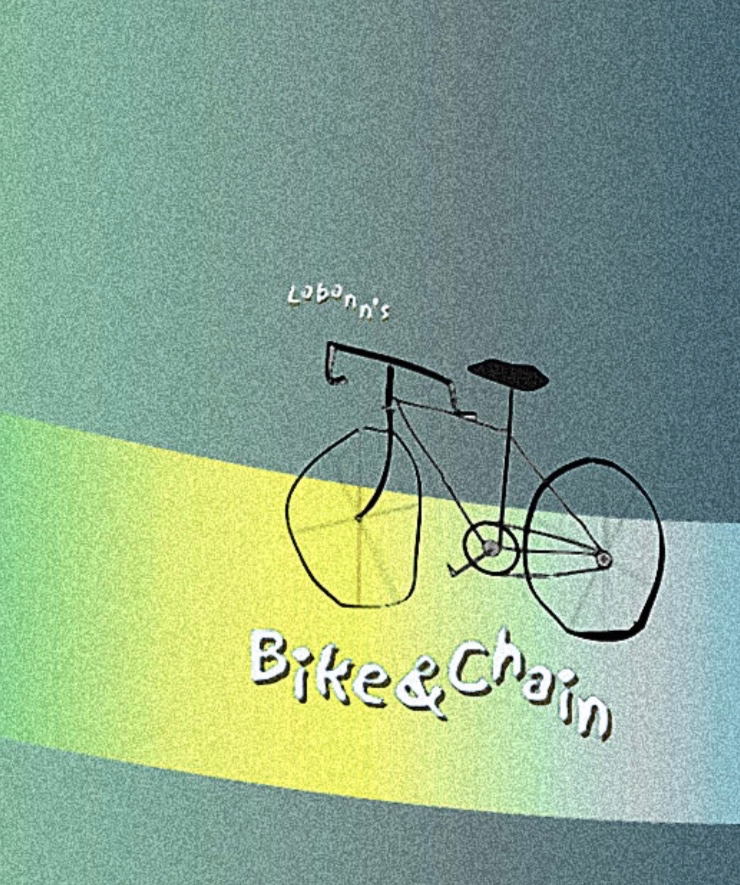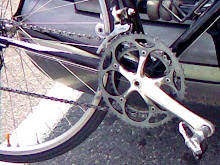Official statisticians used to say more bikes were sold in 1971 America than ever, 17.3 million, at the height of nation's bike boom. Well, a new record was quietly set in 2000 with 20.9 million. Thought they'd never top with borrowing, rebuilding and renting so popular, yet noticed 15 to 20 million units sold every year since, a stable $6 billion industry. Curious to see tabulated results for 2013. Don't think Big Auto & Oil want these facts broadcast.
They claim bicycles now outsell cars in every European industrialized country, likely true in developing countries, too, where stats aren't as easy to come by. Shouldn't surprise anyone that during a global recession folks will choose a cheaper alternative. But don't kid yourself that ridden miles significantly supplant driven. Motorists report increasingly longer waits at roadnet pinch points, often several red light changes. In fact, private car production worldwide since 1999 has doubled to 60.3 million/year. Last year 82.1 million motor vehicles of all types were assembled; a quarter of them were sold in China. Oil profits have never been greater. Percentage of Americans commuting by bike remains negligible. Only 47 million bikes were built, although their production is expected to exceed cars by 2019.
In this burgeoning bikescape, prestigious blogs and newswires repeatedly ask how safe cycling is. Why spread fear? Sure, ability and savvy peak between years 15 and 60 bracketed by adolescent inexperience and aged infirmity when bicycling becomes less practical. Yet you risk more doing nothing and going nowhere. Huggers must remain mobile to gather, hunt and shop. Restless, you could simply jog or walk, but it takes too long.
Traffic will always be a dangerous dance, though cyclists hug edges, and most roads are empty 20 hours of every day. Still, incompetents may step on toes or stumble; cycling mishaps in America, guesstimated below 200,000 annually, are underreported because they are seldom as baleful or tragic as nation's 4,000,000 motoring collisions. It's why they insure and license operators and pilots and not cyclists, still unnecessary despite regained credibility. Hawaii is the only state with bike registration; Georgia just killed bill in committee endorsed by Republicans but opposed by majority.
One flustered scofflaw snapped back that bike lanes cause accidents based on same argument as guns cause murders: Illogical. As much as they'd like to accuse inanimate objects and loathe assuming responsibility, abusing users are 100% to blame. Laws mandate bike-ped infrastructure because it relieves snarl and smoothes interaction. Motorists, spoiled by freeway speeds, must nevertheless adapt to seasonal frosted windows, solar glare, and variable density on secondary streets rushed at dawn and dusk. Cyclists can't always work around motorists failing to do so.
A bicycling renaissance, if not already occurring, seems on a cusp with avant garde art, film and theater devoted to it and resurgence in urban pacesetters London, New York, and Paris. Bike America, a 2013 play staged in Hell's Kitchen, NYC, tries to elevate cycling into a panacea for emotional emptiness. Europeans just see a bike as a way to get around villages that weren't designed around grids bred to milk motorists. Nilo Cruz's 1999 play A Bicycle Country, about economic sanctions that turned many Cubans into begrudging cyclists, was performed at Miami's Roxy Center last year; Cruz was the first Latino to win a Pulitzer Prize. Follows central London's 2009 staging of Pedal Pusher with plot around Armstrong and Pantani vying for Tour de France glory. Heather McDonald's 1994 play Faulkner's Bicycle imagined the famous author as a cranky cycling neighbor once his writing days were over.
Sunday, November 3, 2013
Subscribe to:
Post Comments (Atom)




No comments:
Post a Comment